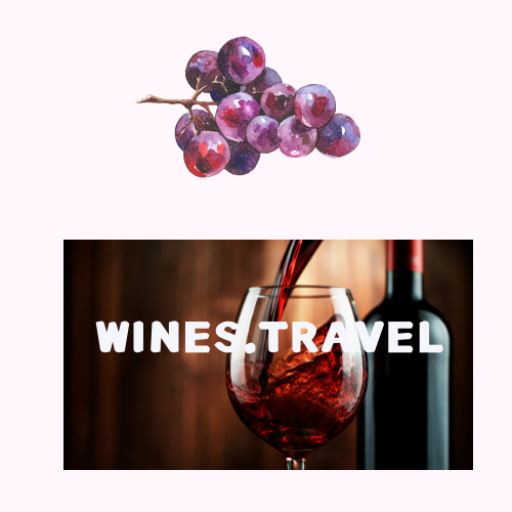eating while it’s hot outside? Consider Joffee and follow Gen Z.
Hydration is now a matter of life for people due to record temperatures brought on by global warming, such as exceeding 45 C in Thailand during the summertime.
This year, Thailand has been experiencing an extraordinary heatwave, which has sparked more discussions about alcohol. This shows that the majority of Thais constantly prioritize getting enough water to support their commitment to living a healthy lifestyle and demonstrates how careful they are to stay hydrated when the weather is bad.
Trend assessments of food and beverages shed light on how companies can support people as the weather gets worse. Therefore, it is anticipated that non-alcoholic beverages will play a crucial role in providing revival and invigoration. Electrolytes and cooling vegetables are important auxiliary parts to keep an eye on because they can effectively lessen the effects of high conditions on the body.
Extreme temperatures are also raising concerns about the poor air quality in some areas of this hot world, like Bangkok. Antioxidant-rich elements are important to keep an eye on because they can help the body function.
Consumers will primarily favor carbonated beverages ( 70 % ), bottled water ( 67 % ), and ready-to-drink coffee (60 % ) as their top non-alcoholic beverage options in 2023. Moreover, given that 47 % of consumers have expressed interest in learning more about hybrid cocktails, there may be a market for them.
According to a study, 58 % of Bangkok residents are aware of and interested in trying” joffee,” which combines coffee and juice.
Joffee is a cold-brew espresso beverage that, for instance, combines with unfermented berries and wood sweets. It is chilled and served in a bottle.
As a result, companies have the chance to develop cutting-edge cross beverages with consumer-pleasing flavors.
Thai customers prioritize the health benefit of a beer over taste when buying drinks.
The collaboration of taste and function is now essential for beverages to attract consumers and create a distinctive identity as health benefits start to take precedence over flavor.
Compared to younger generations like Gen Z, Gen X people in Thailand have a more marked propensity to make health-conscious choices.
For instance, 43 % of consumers who are 45 years of age or older prefer non-alcoholic beverages with low, no, or reduced sugar, as opposed to 33 % in Gen Z.
The study found that by providing health-focused choices with acceptable and useful features, companies may appeal to the Gen X demographic.
In general, almost half of Thais favor drinks with bacteria and protein as well as substances known for their health advantages.
A significant specific industry is Gen Z.
Although Gen Z makes up Thailand’s largest consumer segment for non-alcoholic beverages, their consumption lags behind that of other age groups in some categories, such as bottled water, ready-to-drink (RTD ) coffee, vitamins, and meal replacement drinks ( e .g., protein-rich shakes ).
According to the Mintel research study, the Gen Z marketplace has a lot of untapped potential for companies.
To appeal to Generation Z consumers, drink companies can take advantage of the opportunity to get creative by including special flavors in their items. In comparison to the overall sample’s 30 %, 37 % of Thai Generation Z people express a preference for non-alcoholic beverages with sweet flavors, such as chocolate.
Gen Zs can therefore be divided into” Emotional Indulgers,” with a preference for generous flavour profiles. However, the flavor of sweet drinks are frequently linked to being “unhealthy.”
When brands include more functional components in their beverages, giving consumers a well-rounded and alluring option, Gen Z consumers may be persuaded to view brands more favorably.
Drinking during a heat is the SOURCE. Go to Thailand with Gen Z and Try Joffee.
